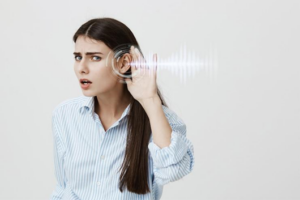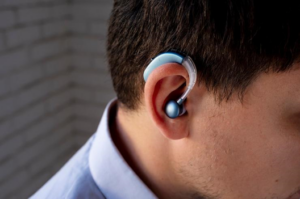
There are several types and examples of dual diagnosis. Statistics reveal that about 38 percent of addicts also struggle with one form of mental illness or another. Similarly, about 18% of mentally ill people also tend to become substance abusers.
This often leads to co-occurring conditions and could lead to a dual diagnosis. To determine this, consider enrolling at a rehab facility like Skyward Treatment center for further diagnosis. Some of the most common cases of dual diagnosis include:
Alcoholism – Antisocial Personality Disorders
Usually, alcohol abuse is linked to certain mental disorders, which include but are not limited to dementia, mania, and schizophrenia. People struggling with antisocial personality disorder (ASPD) tend to get worse when they mix it with alcoholism.
This happens because alcohol alters the brain’s neurotransmitters and the amounts of serotonin produced. When such alteration occurs, the affected individuals exhibit aggressive behaviors and develop an antisocial disorder.
Marijuana and Schizophrenia
Marijuana may seem harmless, but it is powerful enough to worsen mental illness. People with schizophrenia are likely to be addicted to marijuana, which worsens their condition.
This mental illness is a psychotic disorder as it affects people’s thinking and often leads to an abnormal state of consciousness. It is also possible that people addicted to marijuana have a gene that makes them susceptible to schizophrenia.
Cocaine and Anxiety Disorders
Cocaine abuse is linked to feelings of paranoia, suspiciousness, and hallucinations. Being a stimulant, this illegal drug leads to anxiety disorders and psychological symptoms despite people thinking it has calming effects.
However, what happens is that users feel less concerned when under the influence, but the anxiety remains and worsens when the effects of cocaine die down. The only way to reverse and get proper help with your anxiety is to visit a particular facility. Do not attempt to quit cocaine without professional assistance since withdrawal can be detrimental to your health.
PTSD and Opioid Addiction
People struggling with PTSD tend to avoid memories associated with their past trauma. Such individuals tend to be hyper-vigilant and anxious, interfering with their quality of life. This has seen many PTSD patients turn to opioids for relief. Statistics show that 1 in 5 people have an opioid addiction that started innocently. This is chronically higher with veterans trying to escape their trauma’s pain.
Heroin and Depression
Research shows that heroin addicts are at a higher risk of developing depressive disorder because of how heroin works on the brain receptors. It attaches to the opioid receptor and releases feelings of euphoria and endorphins.
These chemicals provide temporary relief when used in high doses, often followed by negative moods, suicidal thoughts, and heightened anxiety. Treatment is needed to salvage the situation.
Reason Co-occurring Disorders Happen
Several potential explanations could be used to shed more light on this scenario. These include:
- Biology – Some people are wired to become victims easily due to early exposurethat affected the brain makeup as a child.
- Genetics – Mental disorder and addiction is likely to be prevalent if there is a family history of the same
- Trauma – abuse of different forms or traumatic experiences can lead to addiction and mental instability
- Environmental exposure – Negative environments can lead to such co-occurring disorders.
Identifying Co-occurring Disorders
Sometimes it is not easy to tell addiction and mental illness apart. For a dual diagnosis to be qualified, the affected individual must be free from the substance for a while. Common symptoms may include:
- Changes in sleeping and eating patterns
- Dropping once essential hobbies and activities
- Experiencing extreme mood swings
- Frequently feeling scared or paranoid without cause
- Having difficulty thinking or focusing
- Inability to see changes in their behavior or personality
- Increased irritability
- Increased or decreased libido
- Isolating from friends and family members
- Lack of attention to personal hygiene
- Loss of touch with reality
- Participating in risky behavior despite consequences
- Complaining of physical pain with no cause
- Thoughts of suicide or suicide attempts
Defining Dual Diagnosis
It would be best if you considered integrated treatment approaches for dual-diagnosis disorders. The services offered vary from one person to the next. Several treatment options promote overall wellness. These include
- Improving sleep habits
- Improving eating habits and nutritional behaviors
- Working on communication skills
- Working on family relationships
- Managing any legal issue
- Addressing work-related issues and improving job skills
A facility like Skyward Treatment center will develop a personalized treatment plan to suit each individual. They handle everything from evaluation, detox, rehab, and aftercare. Call us today for further help.



